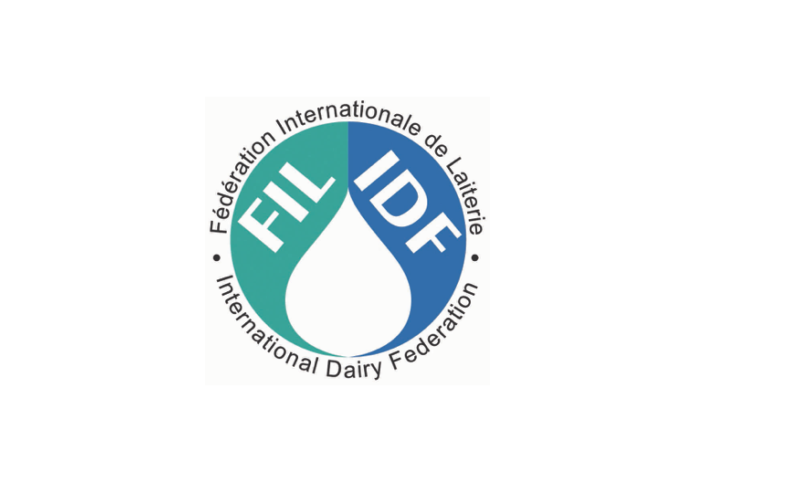IDF Symposium Explores Sustainability in the Dairy Chain
The International Dairy Federation (IDF) held its Circularity in the Dairy Chain Symposium 2024 on 3-4 December, bringing together experts and stakeholders to discuss sustainability within the dairy sector. The two-day event featured three sessions focused on advancing circular dairy practices, ranging from fundamental concepts to innovations in farming and processing.

Laurence Rycken, IDF Director General, emphasized the sector's potential to turn challenges into sustainable opportunities. "The dairy sector can turn challenges into opportunities and build a circular future that’s good for the planet and our people," Rycken said.
One notable speaker, Niranjan Karade from India’s National Dairy Development Board, highlighted the country’s efforts in sustainable dairy through the manure value chain initiative. "Farmers are incentivized for contributing to emission reductions, with upfront carbon finance enabling them to install household biogas plants at subsidized rates," Karade explained. He also noted that farmers with installed biogas plants have benefited from generating carbon credits, boosting their income.
The Global Food Banking Network also provided valuable insights on food waste. Ignacio Gavilán stressed, "There are genuinely sufficient resources in the world to ensure that no one, nowhere, at no time, should go hungry. Food banks offer an efficient solution to connect surplus and waste with those in need, reducing GHG emissions from food waste in landfills."
Young farmer Thomas Duffy underscored the importance of innovation in the dairy sector, stating, “The advancement of circularity in dairy is essential. To ensure success, we need to address technical and policy barriers both on and off the farm.”
Professor Olivia McAuliffe from Teagasc shared her vision for dairy by-product reuse, highlighting the potential of microbial technology. "The move towards a circular food system requires innovative solutions for waste management. We are harnessing microbes to convert low-value waste into high-value products."
Dr. Constantinos Katsimpouras from MIT won the Best Abstract Presentation Award for his research on "Microbial conversion of dairy industry byproducts into food and feed ingredients."
One notable speaker, Niranjan Karade from India’s National Dairy Development Board, highlighted the country’s efforts in sustainable dairy through the manure value chain initiative. "Farmers are incentivized for contributing to emission reductions, with upfront carbon finance enabling them to install household biogas plants at subsidized rates," Karade explained. He also noted that farmers with installed biogas plants have benefited from generating carbon credits, boosting their income.
The Global Food Banking Network also provided valuable insights on food waste. Ignacio Gavilán stressed, "There are genuinely sufficient resources in the world to ensure that no one, nowhere, at no time, should go hungry. Food banks offer an efficient solution to connect surplus and waste with those in need, reducing GHG emissions from food waste in landfills."
Young farmer Thomas Duffy underscored the importance of innovation in the dairy sector, stating, “The advancement of circularity in dairy is essential. To ensure success, we need to address technical and policy barriers both on and off the farm.”
Professor Olivia McAuliffe from Teagasc shared her vision for dairy by-product reuse, highlighting the potential of microbial technology. "The move towards a circular food system requires innovative solutions for waste management. We are harnessing microbes to convert low-value waste into high-value products."
Dr. Constantinos Katsimpouras from MIT won the Best Abstract Presentation Award for his research on "Microbial conversion of dairy industry byproducts into food and feed ingredients."
Key News of the Week











